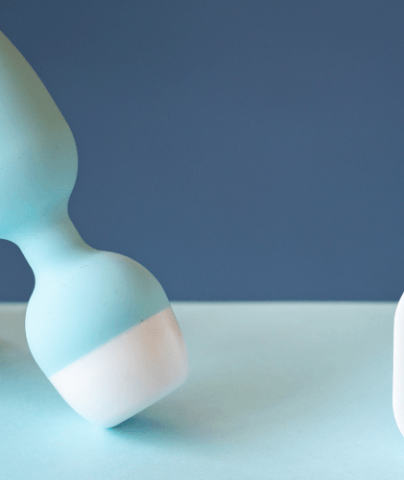
Let’s talk about urine leakage
Talking about urine leakage with your friends may be a less pleasant topic of conversation than the last series we watched… and yet, we need to talk about the loss of bladder control! Millions of women suffer from it, but very few talk about it: Let’s break this taboo!
Speak with a health professional
Whether it’s your GP, sports doctor, gynecologist, urologist, physiotherapist, or midwife, the list of health professionals with whom you can talk about urine leakage is long.
Unfortunately, many women don’t talk to their doctors about it… so take the first step! Your doctor can help you and find a suitable solution to your problem.

What kinds of solutions exist against urine leakage?
No worries, many solutions exist according to the type of incontinence you suffer from (stress, urge, or mixt). First of all, it is important to clarify the cause and type of incontinence you have from with a doctor. Knowing this is needed to find the right treatment.
Pelvic floor therapy is often the first measure against incontinence. Training often starts with Kegel exercises for your pelvic floor (e.g. with the help of exercises accompanied by a physiotherapist, biofeedback or electrostimulation). In this way, you can strengthen your pelvic floor muscles and improve control over your bladder.
There are many options in how to treat and prevent incontinence, like lifestyle changes, exercises and medication, all depending on cause of the problem. Surgery should be the last intervention to be considered. Discuss with your doctor the right treatment for you.

How incontinence affects quality of life
Studies show that the quality of life of women with urinary incontinence is severely affected by the consequences of urine leakage. Incontinence can severely limit women in their daily lives.
Do not underestimate the first signs of pelvic floor loosening or urine leakage! Women can be affected by:
- Psychological, but also emotional effects: fear of smelling or leaking urine in appropriate places, shame of not being able to hold urine etc.
- Impact on social life and activities: not being able to ride a bus since they need a toilet nearby or watch a movie since they need to run to the toilet in the middle of the film.
- Decrease in physical and sporting activities: fear of leaking when exercising, or that the pad will be visible in tight clothes.
- Effects on sleep: needing to go up at night to urinate.
- Effects on sexuality: fear of leaking.

How to prevent urine leakage?
Set a goal to take care of your pelvic floor. Take hygiene and dietetic measures, adapt your alimentation and your lifestyle to reduce the weakening of your pelvic floor. For example, you can:
- mind your pelvic floor when lifting heavy objects in order to avoid putting unnecessary strain on it.
- avoid constipation in order to avoid straining your pelvic floor when having a bowel movement.
- mind your weight in order to avoid putting unnecessary weight on the pelvic floor.
- make sure to keep your pelvic floor in good shape, it is easier than starting from the beginning to build muscle. Take care of it by doing pelvic floor exercises and consult a doctor if needed.
You can download the free mobile app Emy Kegel exercises to start with your training right now:





